Koinobori
Yane yori takai koinobori
Ookii magoi wa otousan
Chiisai higoi wa kodomotachi
Omoshirosou ni oyoideruLyricist:KONDOU Miyako
Comporser:Unknown
in 1931
Carp streamers
The carp streamers climb higher than the roof
The big black carp is the father
The little red carp are the children
Swimming happily alongside
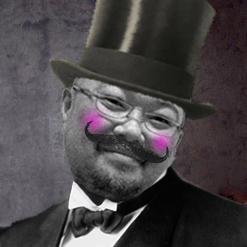
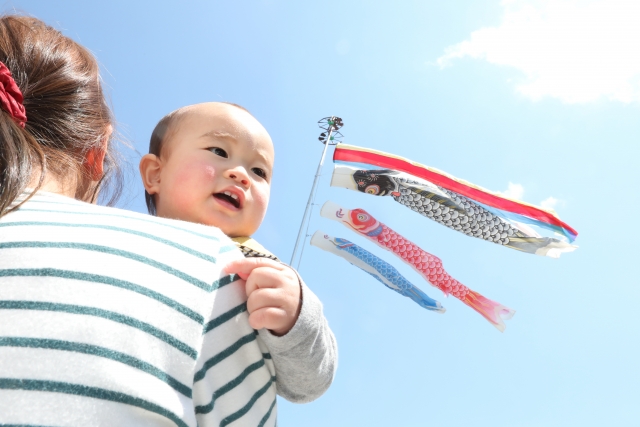
Baby with koinobori
In Japan, on Children’s Day, May 5, it is customary to decorate the eaves of houses with boys with carp streamers.
Although the name is “Children’s Day,” March 3, when peach blossoms bloom, celebrates “Momo-no Sekku” for girls, so it is said that May of the lunar calendar, which is the noon month of the twelve Chinese zodiac signs, became “Tango-no Sekku,” an event to celebrate boys’ growth.
Originally, “banners,” a type of flag, were erected, but in the Edo period (1603-1867), merchants began to display carp-shaped banners based on a Chinese legend that “a carp that climbs a waterfall becomes a dragon,” and this event is said to have become popular.

By from Portland, Oregon, EE UU – Boy’s Festival – Fish Kites, CC BY 2.0, Link
Initially, only black carp were used, but red scarlet carp were added to represent children. Later, the red carp came to represent the mother carp, the blue carp was added to represent the children’s carp, and for the first Tokyo Olympic Game in 1964, the green and yellow and other sibling carp were also created.
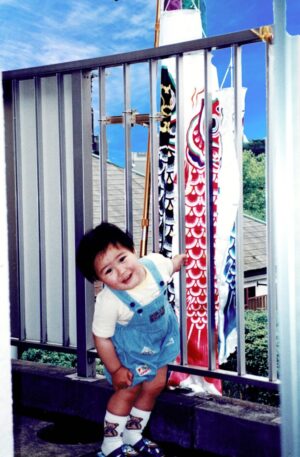
Today, however, with the increase in the number of high-rise houses, the sight of carp dancing in the blue sky has become less common in large cities such as Tokyo, but in the countryside, the custom of decorating carp streamers of various kinds remains, delighting the eyes of tourists.
▼Another ‘Koinobori’ song.
▲It is a famous carp streamer certified by Guinness World Records.

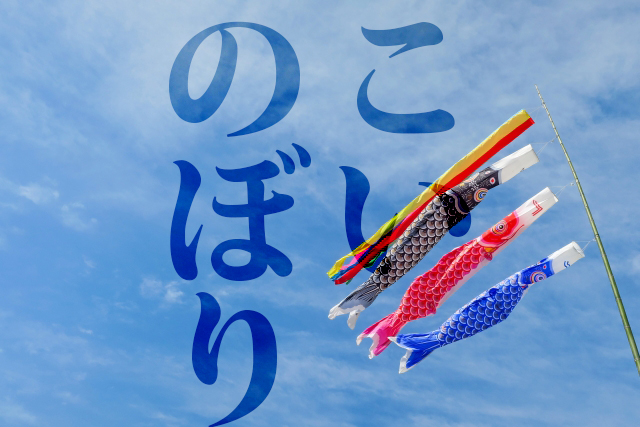
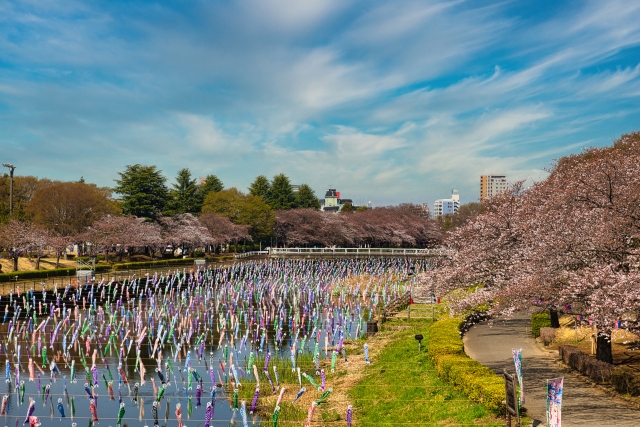
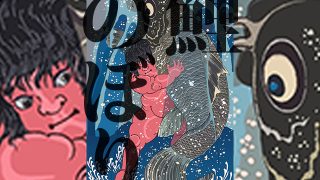
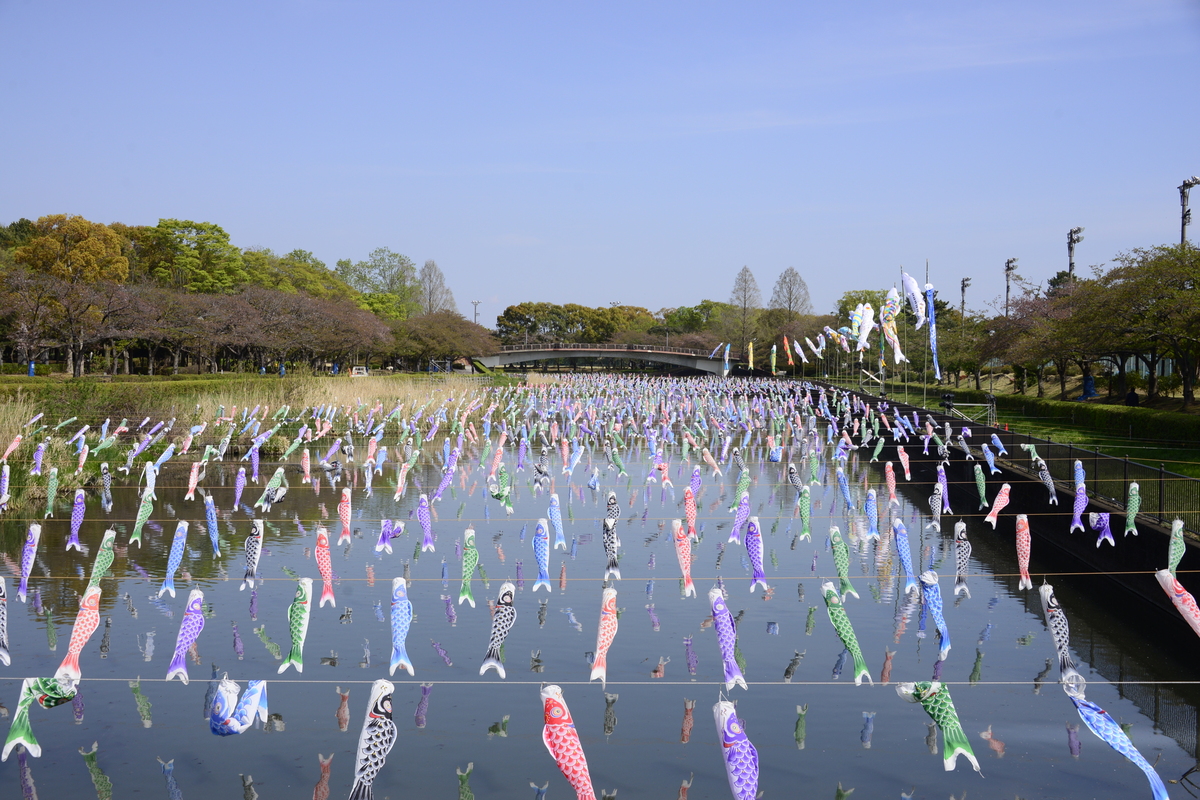
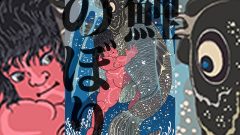
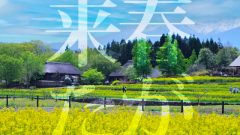
コメント